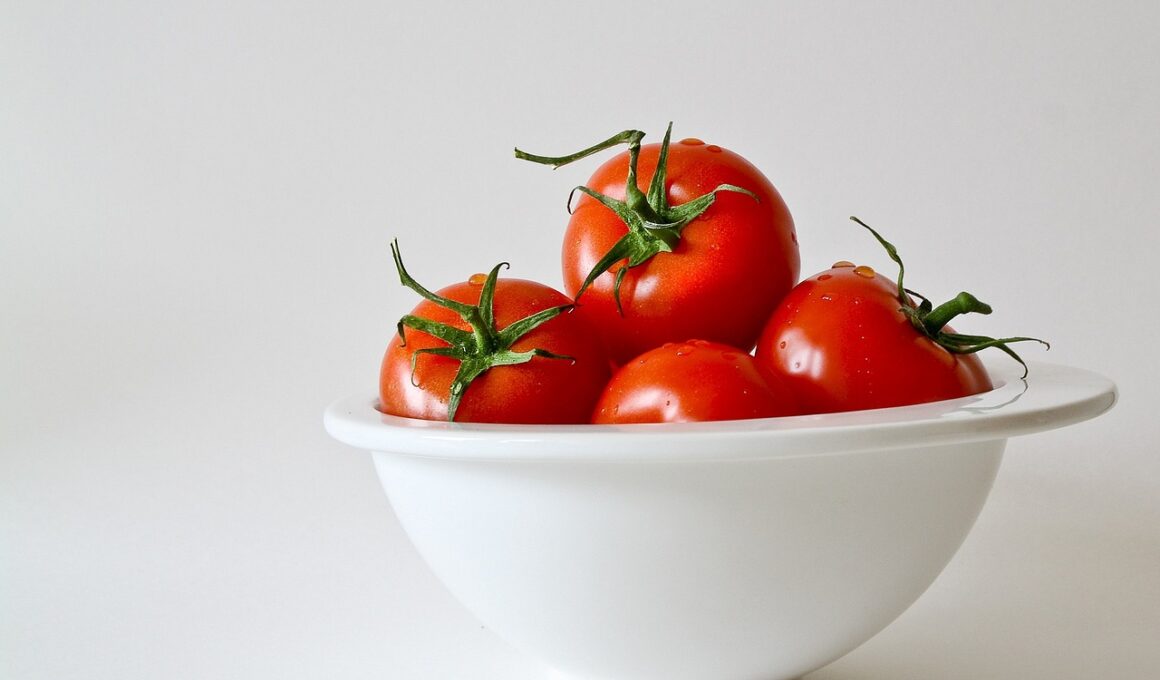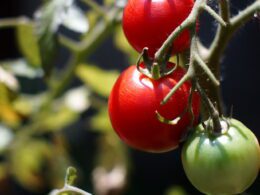You’ve probably heard that adding sugar water to plants can give them a significant boost in growth. Maybe you’re considering trying it out on your own plants, hoping for bigger, healthier blooms or more robust vegetables. But is sugar water really the miracle solution it’s made out to be? Before you reach for that bag of sugar, let’s dig into the research and find out what science has to say about this popular gardening tip.
Safety is always a priority when it comes to caring for our plants – we want them to thrive without any harm coming their way. In this article, we’ll explore the theory behind using sugar water on plants, weigh up the scientific evidence, and discuss potential risks and drawbacks associated with this practice. We’ll also look at alternative methods for promoting plant growth so that you can make an informed decision about what’s best for your green friends.
The Theory Behind Sugar Water and Plant Growth
You might be wondering about the science behind using a sweet liquid to boost your garden’s growth, right? Well, the theory is that sugar can provide plants with an extra source of energy. Just like humans and animals, plants need energy in order to grow and thrive.
Photosynthesis is the process by which plants convert sunlight into food – specifically glucose (a type of sugar). By giving your plants a dose of sugar water, you’re basically providing them with an additional snack to help fuel their growth.
Now, let’s break it down further. In addition to photosynthesis, plants also go through cellular respiration – this is how they turn glucose into energy. The idea behind watering your plants with sugar water is that it helps speed up this process because there’s more available glucose for the plant cells to consume. This increased rate of cellular respiration should theoretically lead to faster growth and development in your precious green friends.
However, it’s important not to go overboard with the sugar water treatment. While some studies have shown positive results from using small amounts of sugar water on certain types of plants, others have found that too much sugar can actually harm them or attract unwanted pests.
So if you decide to give this method a try, start off slow and observe how your plant responds before increasing the amount or frequency of application. Remember: moderation is key when it comes to keeping both yourself and your garden safe!
Scientific Evidence on Sugar Water’s Effects
It’s shocking to discover that something as simple as adding sweetness to H2O can have such a profound impact on our beloved green friends! However, scientific evidence on the effects of sugar water on plants is quite mixed.
Some studies suggest that small amounts of sugar water can boost plant growth and health, while others show negative impacts. Sugar water has been shown to stimulate root growth, increase plant biomass, and enhance photosynthetic activity in certain cases.
On the other hand, sugar water can also cause reduced nutrient uptake, increased susceptibility to diseases and pests, and even inhibition of overall growth in some situations. Many factors contribute to these varying results, including plant species, growth stage, and concentration of sugar used.
The key takeaway from this research is that using sugar water for your plants should be done with caution. While there may be some potential benefits for certain plants in specific situations, it’s essential always to ensure proper care by providing appropriate nutrients through regular fertilization and maintaining a healthy environment. Instead of relying solely on sugar water, focus on creating a safe haven for your precious green companions where they can thrive without any unnecessary risks.
Potential Risks and Drawbacks
Imagine dousing your precious green companions with sweet liquid, only to unintentionally expose them to potential risks and drawbacks that could harm their growth and well-being.
While sugar water might seem like a harmless treat for your plants, it can actually lead to several negative consequences. For one, the sugar in the solution can attract insects, such as ants and flies, which may damage or infest your plants. Additionally, sugar water can upset the natural balance of nutrients in the soil by encouraging harmful microbes.
Over time, using sugar water on your plants may even stunt their growth. Plants rely on photosynthesis to produce energy from sunlight, carbon dioxide and water. When you provide them with an external source of sugar through watering or spraying them with a sugary solution, it’s possible they’ll become less efficient at producing sugars themselves through photosynthesis. This isn’t a guarantee – but it’s certainly something to consider before making sugar water part of your regular plant care routine.
Keep these potential risks in mind when deciding whether or not to use sugar water on your plants. It’s important to remember that there are other ways to support healthy plant growth that won’t potentially harm your leafy friends – such as providing proper lighting conditions, ensuring good air circulation and maintaining appropriate temperatures around them.
By focusing on these basic aspects of plant care instead of relying on potentially detrimental shortcuts like sugar water, you’re more likely to keep your green companions flourishing and safe from harm.
Alternative Methods for Promoting Plant Growth
Feeling concerned about the potential risks of using sugar water on your beloved greenery? Fear not, as there are plenty of alternative methods to promote healthy plant growth without jeopardizing their well-being.
You can easily turn to natural alternatives that provide nutrients and boost plants’ health without any adverse effects. One popular method is using compost, which consists of decomposed organic matter rich in essential nutrients for plant growth. By adding compost to your garden soil, you’re providing your plants with a slow-release source of vital elements like nitrogen, phosphorus, and potassium.
Plus, it also improves soil structure and drainage – all crucial factors for healthy plant development! Another great option is using liquid seaweed fertilizer; it’s an excellent source of minerals and growth hormones that help stimulate strong root systems and foliage. By following these simple tips and opting for natural alternatives like compost or liquid seaweed fertilizer, you’ll be promoting the well-being of your plants while keeping them safe from any harm.
So go ahead and put those worries aside – with these easy-to-implement solutions at hand, you can confidently nurture your green friends into thriving specimens!
Can Epsom Salt Harm Plants if Used in Sugar Water for Plant Care?
When using sugar water for plant care, it’s important to be mindful of the plants that dislike Epsom salt. Some plants, such as ferns, can be harmed by the application of Epsom salt in their water. It’s best to research specific plant preferences before incorporating any new care methods.
Making an Informed Decision
Now that you’re aware of the pros and cons, as well as alternative methods, you can make an informed decision on the best approach for nurturing your plants to their full potential.
Remember, each plant is unique and may respond differently to various care techniques. In order to make a choice that ensures the safety and health of your plants, consider the following factors:
- The specific needs of your plant species
- Your personal gardening experience and knowledge
- Availability of resources (such as time and money)
- Environmental factors (like climate and soil quality)
By taking these factors into account, you’ll be better equipped to decide whether sugar water or an alternative method is the right choice for your plants.
For instance, if you have limited gardening experience or are unsure about a certain technique’s effectiveness on your specific plant species, it might be safer to stick with tried-and-tested methods like proper watering and fertilization.
Taking all this information into consideration will empower you to choose a method that suits both you and your plants’ requirements.
With careful attention to detail and ongoing observation of how your chosen approach affects the growth of your plants, you can ensure they remain healthy while also cultivating an environment in which they can thrive.
So go ahead – experiment wisely with different techniques until you find one that works wonders for both yourself as a gardener and those lovely green friends under your care!
Conclusion
So, is sugar water good for your plants? The evidence suggests it might not be the best idea. While some studies show positive effects, there are risks and drawbacks that could harm your plants in the long run.
Instead, consider alternative methods to promote healthy plant growth. Do some research and make an informed decision before trying something new on your beloved green friends.
Remember, it’s always better to be safe than sorry when caring for your plants.









